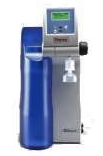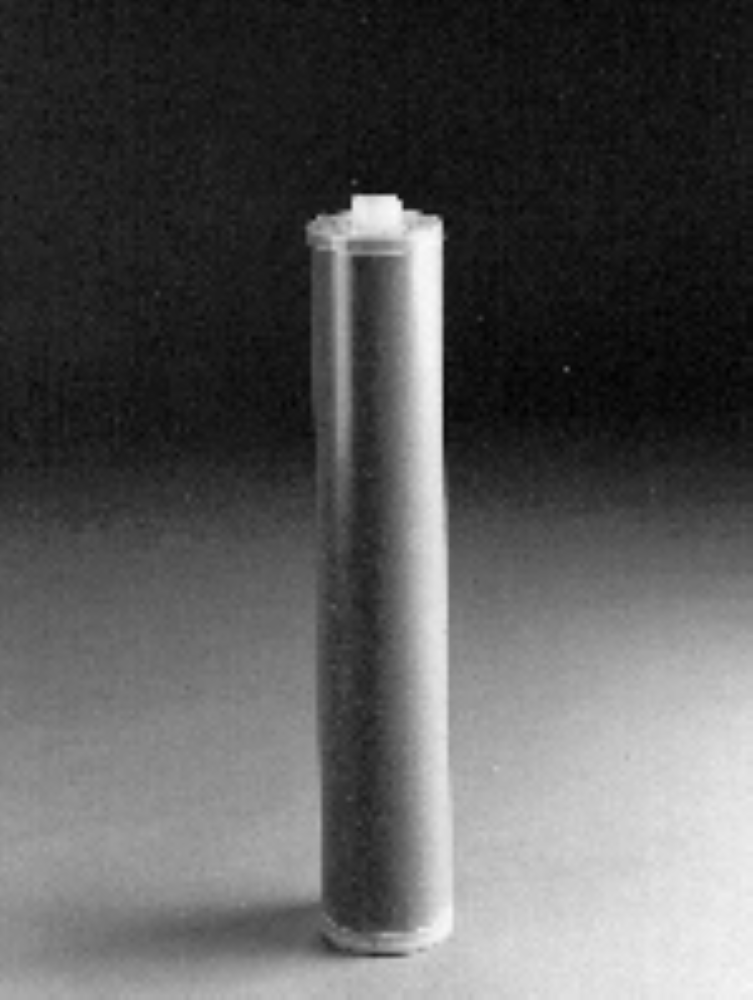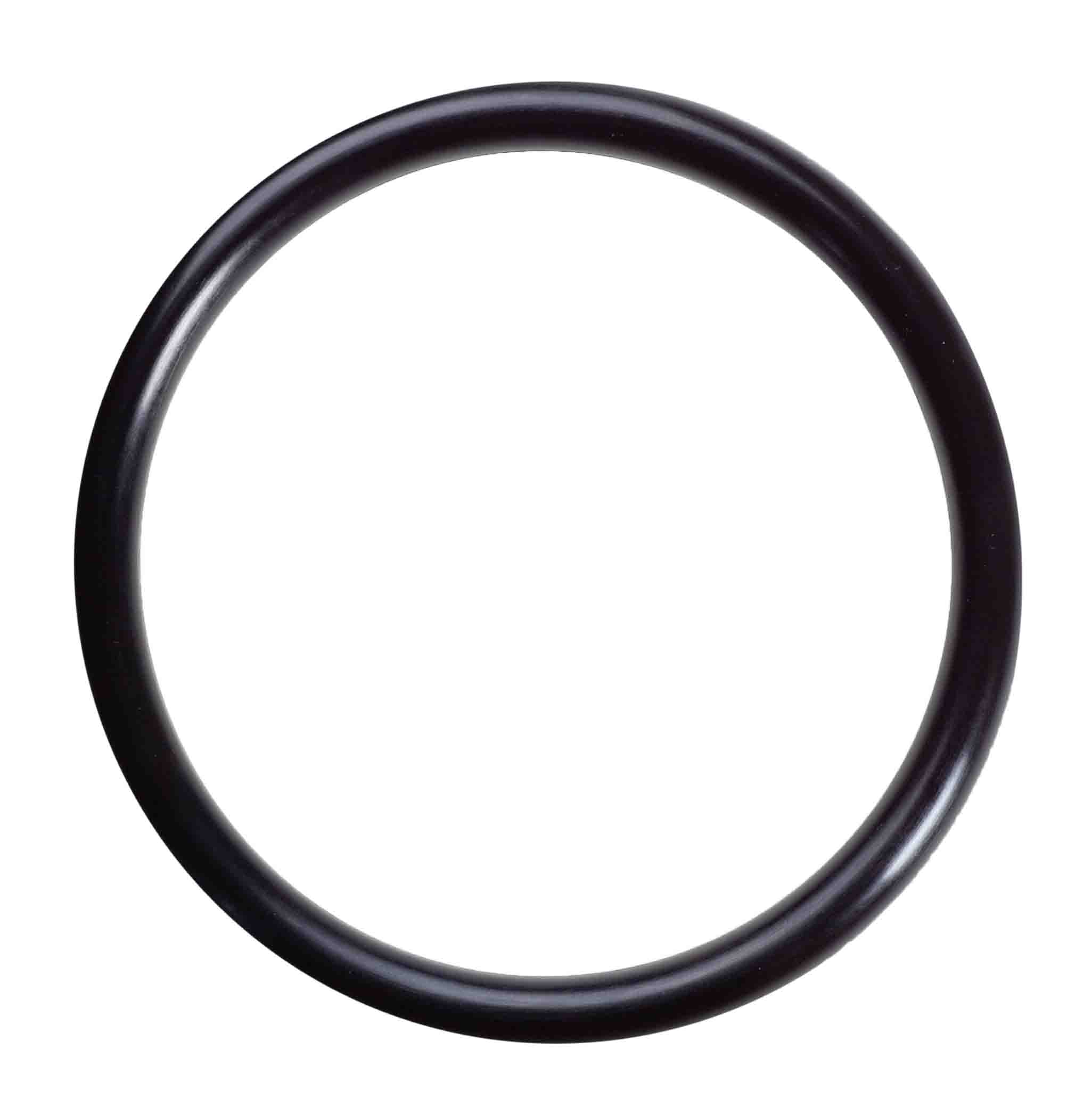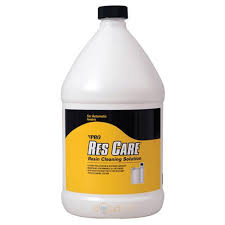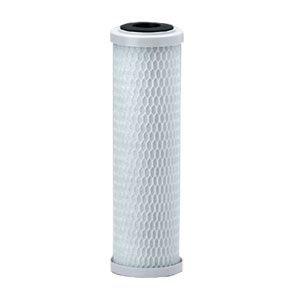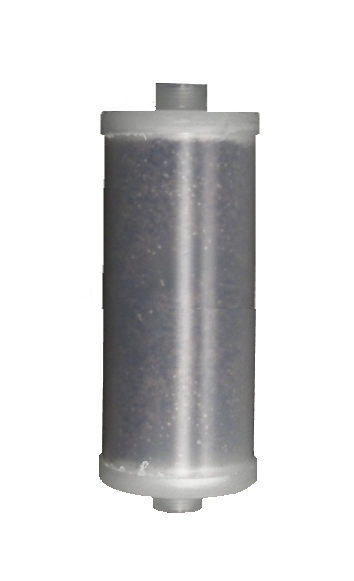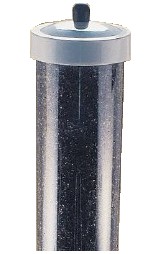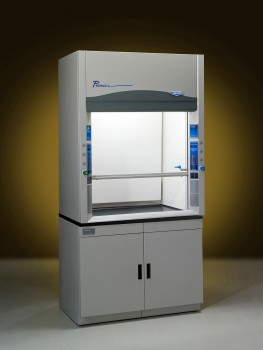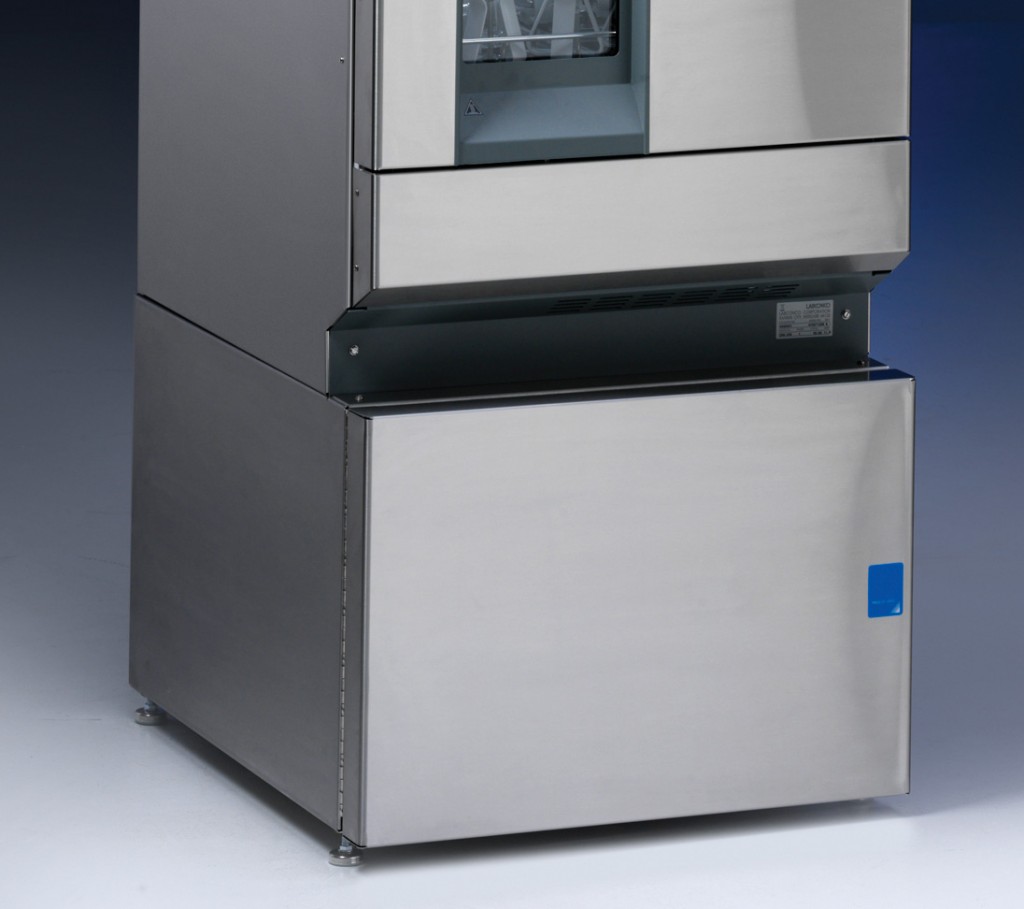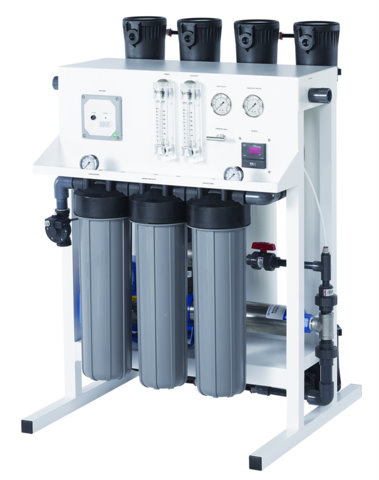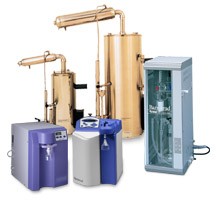 |
Need a New Laboratory Water System?
We have many to choose from. We can save you thousands on
Complete Systems and replacement filters for most brands. |
Giardia and Drinking Water from Private Wells
 | What is giardiasis?
Giardiasis (GEE-are-DYE-uh-sis) is a diarrheal illness caused by a very small parasite, Giardia intestinalis (also known as Giardia lamblia). Once an animal or person is infected with Giardia, the parasite lives in the intestine and is passed in the stool. The parasite is protected by an outer shell and can survive outside the body and in the environment for a long time.
In the past 2 decades, Giardia infection has become one of the most common causes of waterborne disease (found in both drinking and recreational water) in humans in the United States. Giardia infections are more common in warmer climates, though they may be found worldwide and in every region of the U.S.
How do I become infected with giardia?
Giardia may be found in soil, food, water, or surfaces that have been contaminated with feces from infected humans or animals. You can become infected after accidentally swallowing the parasite. Giardia is not spread by contact with blood.
Where and how does Giardia get into drinking water?
Millions of Giardia parasites can be released in a bowel movement of an infected human or animal. Feces from these humans or animals can get into your well through different ways including sewage overflows, polluted storm water runoff, and agricultural runoff.
What are the symptoms of giardiasis?
The most common symptoms of giardiasis include:
Diarrhea
Loose or watery stool
Stomach cramps
Upset stomach
These symptoms generally begin 1-2 weeks after infection, and may last 2-6 weeks in healthy individuals. Sometimes symptoms last longer, and may lead to weight loss and dehydration. Some people will have no symptoms. However, people with weakened immune systems (e.g., persons with HIV/AIDS, cancer patients, and transplant patients) or the elderly may have a more serious infection that can lead to severe illness or death.
What should I do if I think I have giardiasis?
See your health care provider to discuss your concerns. Treatment is available.
How is a giardiasis infection diagnosed?
Laboratory tests can tell if Giardia is the cause of your illness. These tests identify the organism in the stools of an infected person. These tests are not always performed, however, and the laboratory must be instructed to look for the organism specifically. Because testing for Giardia can be difficult, you may be asked to submit several stool samples over several days.
What is the treatment for giardiasis?
Several prescription drugs are available to treat Giardia; you should consult with your health care provider. Young children and pregnant women may be more likely to get dehydrated from diarrhea, and should drink plenty of fluids while ill. In some cases, symptoms of giardiasis will go away without any treatment.
How can I remove Giardia from my drinking water?
Fully boiling your water for 1 minute (3 minutes if you live in a high altitude) will kill or inactivate Giardia. Water should then be stored in a clean container with a lid and refrigerated.
An alternative to boiling water is using a point-of-use filter. Not all home water filters remove Giardia. Filters that are designed to remove the parasite should have one of the following labels:
Reverse Osmosis, Absolute pore size of 1 micron or smaller,
Tested and certified by NSF Standard 53 for cyst removal, or Tested and certified by NSF Standard 53 for cyst reduction.
Although Giardia is larger than one micron in size, filters with pore sizes of absolute one micron can filter out Giardia as well as Cryptosporidium. If you want to know more about these filters, please contact NSF International, an organization for public health and safety through standards development, product certification, education, and risk-management.
NSF International
3475 Plymouth Road
P.O. Box 130140
Ann Arbor, Michigan 48113-0140
Phone number: (877) 867-3435
Web site: http://www.nsf.org
As you consider ways to disinfect your well, it is important to note that Giardia is moderately chlorine resistant. Contact your local health department for recommended procedures. Remember to have you well water tested regularly after disinfection to make sure the problem does not happen again.
Revised Summer 2003
http://www.cdc.gov/ncidod/dpd/healthywater/factsheets/giardia.htm
| |
|
Images are representative of the products. Images may or may not be of the actual product. If it is important e-mail us for an actual image if available.
* Flat Rate UPS shipping when able to ship via UPS and is in the USA excluding Hawaii and Alaska.
Larger Items may not be able to ship via UPS, in that case freight charges will be quoted seperately.
International shipping will be quoted after the order is placed. You will have the opportunity to cancel before we finalize your order.
Terms and conditions
Credit Application
Privacy
Policy
List All Products
|





